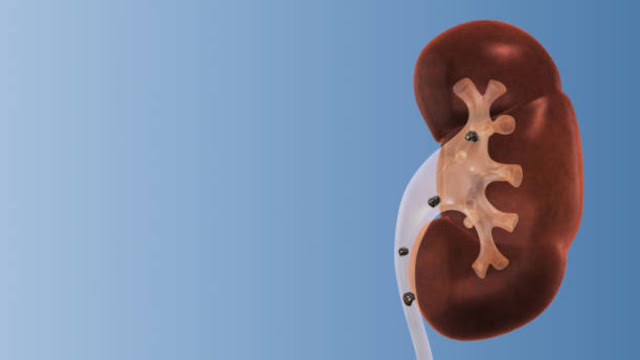VITALITY – ENERGY
Written by Ben Dean Ph.D.
Vitality [enthusiasm, enthusiasm, vigor, energy]
approach life with enthusiasm and energy; Don't do things halves or halves; live life as an adventure; Feel alive and energized
The Vitality Force is of central importance and is one of the five forces most associated with happiness and well-being. (The other four strengths are curiosity and interest in the world, hope and optimism, gratitude, and the ability to love and be loved.)
Definition of vitality
"A vital person is someone whose vitality and spirit are expressed not only in personal productivity and activity; these individuals often transmit an infectious energy to those with whom they come into contact." (Peterson and Seligman, 2004, p. 273)
Vitality, both in the physical and mental sense, refers to feeling alive. The word itself is derived from vita or "life". In a physical sense, this vitality refers to feeling healthy, capable, and alive. Psychologically, this state of vitality imparts a sense that one's actions have meaning and purpose.
It is important to keep in mind that vitality means more than just excitement. Vitality involves an infusion of positive energy (as opposed to nervous, angry, or caffeine-induced agitation).
Although Power Bar manufacturers want you to think otherwise, vital energy is different from thermal energy. Unless calories are seriously deprived, eating and drinking do not increase vitality (Sele, 1956). On the other hand, overeating can reduce vitality. And exercise (calorie production) can increase vitality (Myers et al., 1999).
The deep roots of vitality
The concept of vitality has deep roots in Eastern healing philosophies and traditions. The ancient Chinese concept of Chi, the Japanese concept of Ki, the Balinese concept of Bayu, and the Indian concept of Prana refer to an essential energy or life force that flows through living beings and is the basis of life, consciousness, and health. Ancient and enduring health practices, from acupuncture to reiki to yoga, focus on manipulation and increasing life energy. @smarttechpros

Early Western dynamic psychologists such as Freud, Jung, Rich, and Winnicott incorporated the idea of bioenergetics into their theories of mental health (and disease). At the heart of these theories was the idea that we have a finite amount of psychic energy (or, as Freud called it, sexual desire). Inner conflict, tension, and oppression detract from our energy, and freeing ourselves from this conflict allows greater access to this energy.
What enhances and inhibits vitality?
Researchers have linked positive social contexts to increased vitality (Ryan & Frederick, 1997). In a study of nursing home residents, residents who had diverse social contacts throughout the day had higher levels of vitality. (As a side note, I wonder if extroverts are more likely than introverts to get a boost of energy after social interactions.)
Vitality is closely related to overall physical and mental health, but it is not a simple relationship. Research indicates that most things that have a negative effect on physical health or mood also have a negative effect on vitality. Smoking, poor diet, inactivity, and a stressful environment are all negatively related to vitality (and health).
However, the researchers also found that individuals who are off the charts are energetic even though their bodies are ailing or broken. In a study of very elderly and severely disabled women, 20% had surprising vitality as measured by researchers (Penninx et al., 1998). And in a study of people with debilitating chronic pain, the level of pain people experienced was not related to their level of vitality. However, fear of pain was negatively associated with vitality. In addition, people who sought treatment for external (such as family pressure) rather than internal reasons were less likely to experience vitality (Ryan & Frederick, 1997).
Interestingly, the Handbook and Classification of Personal Powers and Virtues does not mention any research proving the effectiveness of ancient healing practices such as reiki, acupuncture, and yoga in increasing vitality. I suspect that support may be available and would appreciate any reference you could provide. Regardless, the knowledge and history surrounding these practices make it mandatory to explore them if your goal is to increase vitality.
Here is a selection of exercises designed. @techgeeksblogger
